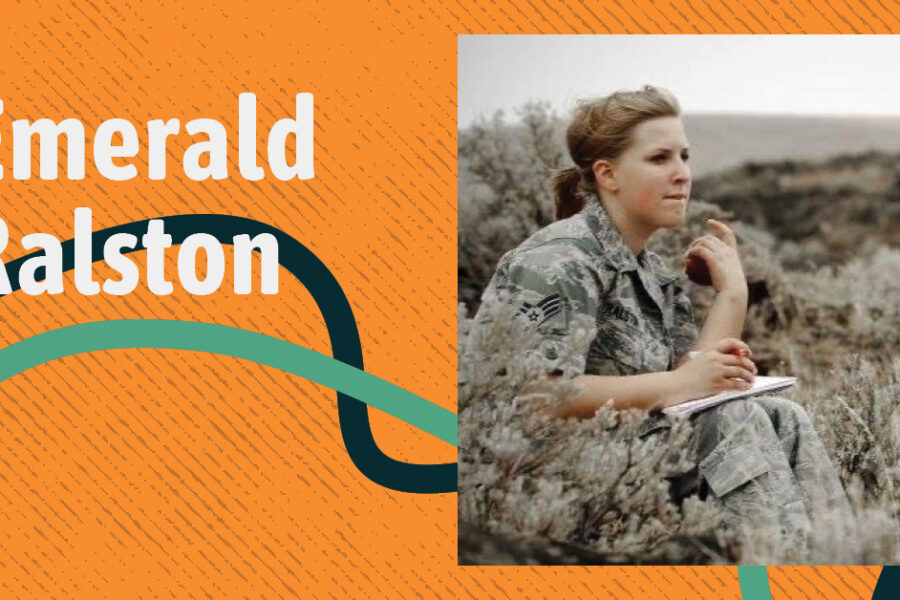Hi, I’m Harriet Schwartz. One meaningful interaction can change our lives. Think of a teacher or a mentor who’s made a difference in your life. Maybe this person helped you get through a difficult time, or perhaps they saw possibilities for you that you didn’t even see for yourself. Sometimes teachers and mentors change our lives, and we stay connected for years, and sometimes people influence our lives with one meaningful interaction.
For years, my research is focused on teaching as a relational practice. I believe relationships aren’t just part of advising or something that caring teachers do, but the relationships and meaningful interactions are at the heart of teaching, mentoring, and leading. My work is informed by relational cultural theory, a theory of human development.
R.C.T. proposes that we grow in and through relationships and meaningful interactions. This theory was developed primarily in a clinical context, but I and others apply it in education as well as other domains, including leadership and social justice. Today I want to focus on the potential power of one meaningful interaction.
Fortunately, research shows that we can generate the same good things that come from meaningful long-term relationships in single and even brief interactions. Fletcher and Reagan’s developed the concept of mentoring episodes, a direct extension of R.C.T. Elizabeth Holloway and I explored this in a study with graduate students and further develop the concept of mentoring episodes that single and or brief interactions can increase our energy and Help us clarify our thinking and move us toward understanding and resolving challenges.
Of note, this work regarding mentoring episodes is relevant not only in teaching but also in other kinds of leading. Whether you hold positional leadership as a supervisor or you are an informal leader among your peers.
Finally, I’d like to focus on three qualities of meaningful interactions and how we, as teachers, mentors, and leaders, can bring attention to this. These qualities are presence, care, and enthusiasm.
Presence; To be present is to make a momentary commitment to be with the other. When we are present, our pace isn’t rushed, and we bring focused attention to the interaction. We listen deeply, and we respond with individualized rather than seemingly rote responses.
The second element is care. When we care for another, we are open and committed to the other’s well-being. When others sense that we care, they’re more likely to take intellectual and creative risks. Nodding suggests that when we care, we share our motivational energy and see each other’s better selves.
And finally, enthusiasm. When we bring energy and excitement to those we teach or mentor, we communicate you and your ideas matter. I see something here. There is value in your thinking, in your work. Thus, enthusiasm not only brings energy to the interaction but can be validating as well. When we are enthusiastic, we again share our good energy. We affirm each other, and we grow in connection.


